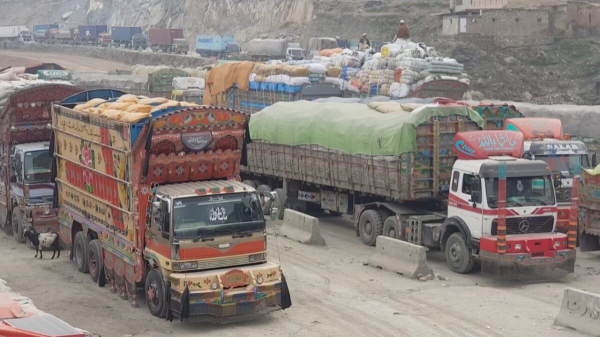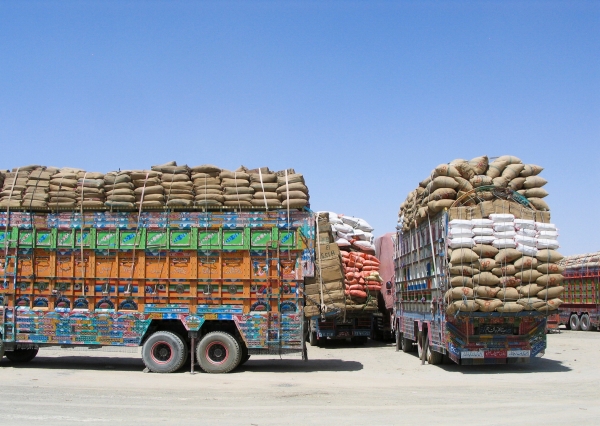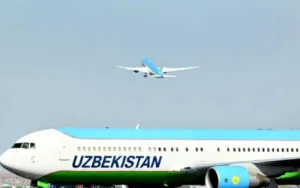Pakistan shut down all commercial truck crossings with Afghanistan on August 1, resulting in trucks loaded with goods being stranded on both sides of the border because of missing “temporary entry permits” needed for transit, Amu reported.

The Afghanistan Chamber of Commerce and Investment reports that Pakistani authorities have denied passage to trucks that have the required permits.
This decision comes after a March agreement between the Taliban and Pakistan, which stipulated that trucks without temporary entry permits be halted at border crossings. Now that the deadline for implementing the policy has passed, Islamabad has enforced these restrictions, leading to significant disruptions at key crossings like Torkham, Spin Boldak, and Kharlachi.
“The delay in obtaining travel permits is causing us hardship. It has been a month, and the paperwork is still incomplete. Both sides need to expedite the distribution of these documents,” Abdul Rahman, a driver affected by the closure, stated.
The Afghanistan Chamber of Commerce and Investment reported that more than 1,400 export trucks are stuck at the Torkham crossing alone. The chamber has criticized both the Pakistani Embassy in Afghanistan and the Taliban-run consulates in Peshawar and Quetta for not issuing the necessary permits.

According to the chamber, even drivers who obtained permits have encountered obstacles to entering Pakistan. The blockade is causing concern among drivers, who worry that their cargo of fruits and vegetables will spoil, resulting in financial losses.
Economic experts believe that Pakistan might be using the permit issue as a pretext to obstruct Afghan exports, especially during the peak season for vegetables and fruits.
“Pakistan is exploiting the weaknesses of Afghan governments. The Taliban lack the will to impose reciprocal measures, such as increasing customs tariffs on Pakistani goods,” Sayed Haroon Amini, an economist, remarked.
Previously, Pakistan increased customs tariffs on 12 categories of Afghan export goods, while the Taliban only raised tariffs on Pakistani imports by up to 25%. This ongoing situation heightens tensions and disrupts trade between the two countries, with no immediate resolution in sight.
Between January and June 2024, the trade volume between Afghanistan and Pakistan reached $1.8bn. Afghan exports to Pakistan amounted to $329mn, reflecting a 31% drop from the same period last year, while imports from Pakistan rose by 11%.
Pakistan continues to be a major partner for Afghanistan’s exports, primarily aimed at South Asian markets. The current trade difficulties with Pakistan have resulted in a decrease in export figures. Traders emphasize the need to resolve these issues to boost export levels.




